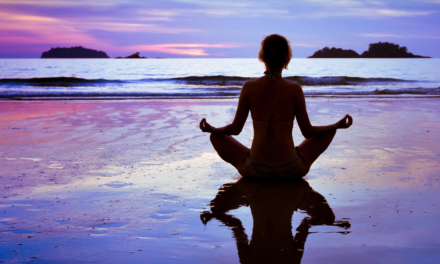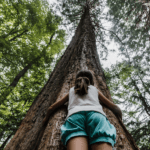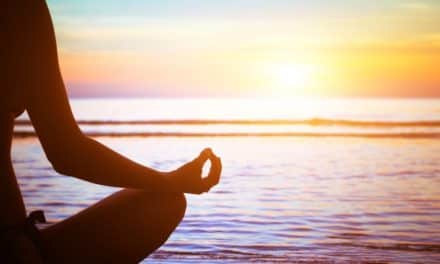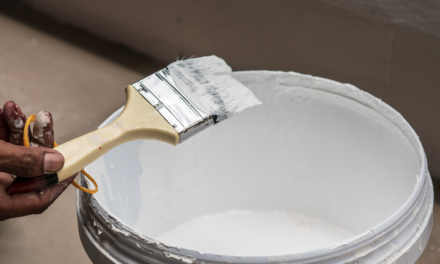
Phytotherapy, falling asleep with plants

Whether in phytotherapy, aromatherapy or homeopathy, certain plants have sleep-inducing properties, whether in oil, nutraceutical or granule form. Whether in oil, nutraceutical or granule form, these plants are definitely among the remedies to help us fall asleep. Discover the 11 plants that will help you fall asleep naturally.

The virtues of phytotherapy on sleep
Phytotherapy is the use of plants for healing. So-called alternative medicine is a natural approach to medicine. In fact, the term “phytotherapy” is derived from the Greek words “phytos” meaning plant and “therapeuo” meaning to heal. This practice involves the use of plants and natural compounds for therapeutic purposes. It is one of the oldest treatments.
The plants used to combat insomnia are those with sedative, anxiolytic or even hypnotic properties.They combat nervousness, irritability, difficulty in falling asleep, or restless sleep.The choice of plants is modulated according to the sleep disorders observed.They are used alone or in combination with other plants and other natural ingredients, and are presented in the form of medicines or extracts such as capsules, tablets or infusions.

Top 11 herbs that help you sleep
Chamomile
Chamomile is one of the best known herbs for its sleep-inducing properties. In fact, it has long been known that using chamomile is an excellent way to relax and prepare for sleep.
It is a relaxing herb. In other words, it has a sedative effect. Chamomile has been shown to have a calming effect on nervous agitation that interferes with sleep. It is also used to wean off benzodiazepines, one of the most common ingredients in sleeping pills. The sedative effect is due to the presence of the anti-inflammatory compound apigenin.
Linden
Linden is also known to aid sleep. This plant is often used for infusions. It is the flowers and bracts (the leaves that accompany the flowers) that contain the active ingredient farnesol. This plant has soothing and calming properties. Like some sleeping pills, they act in the brain by binding to the same receptors.
Hawthorn
The active ingredients in hawthorn are flavonoids and antioxidants found in the flowers and leaves. Antispasmodics, sedatives and hawthorn improve cardiac arrhythmias. It has a sedative effect, so it is particularly recommended for people with anxiety. Hawthorn is a relaxation reflex that can be used for restlessness and sleep anxiety at night. This plant is also consumed as an infusion.
Valerian
The effectiveness of valerian has been tested in clinical studies. Thanks to its calming and relaxing properties, this plant relieves stress and anxiety. It is therefore ideal for nervous and agitated people. Remember that anxiety is one of the factors that make it difficult to fall asleep. Valerian also helps to improve the quality of sleep by reducing the time it takes to fall asleep. This plant is used for infusions.
Californian poppy
Eschscholtzia has an analgesic effect that promotes sleep. Its flowers have a mildly soothing effect. The plant is not well known because it originates from the Americas, but it also grows well in the temperate climates of France. You can drink it as an herbal tea, but it has a very bitter taste. It is therefore preferable to consume it as a liquid extract.
Orange blossom
Orange blossoms are best known for their pleasant scent. However, orange blossom also has sedative and beneficial properties for sedative and antidepressant effects. This plant promotes sleep thanks to linalool. This active ingredient is also found in lavender flowers, lime blossoms and mint, but in small quantities. Dilute orange blossom with 1 tablespoon of water or herbal tea.
Passionflower
Passionflower is used to relieve stress and anxiety that prevent you from falling asleep. It is a sedative recommended for anxious people. Note that this plant was used by the American Indians for the same virtues. Passionflower is drunk as an infusion.
Hop
This plant has calming and relaxing properties that promote sleep. More specifically, use dry hop flour. This natural sleep aid is used in traditional Chinese medicine. The combination of hops and valerian improves the quality of sleep by limiting the time it takes to fall asleep and avoiding night-time awakenings.
Lavender
Lavender directly affects the production of cortisol, the stress hormone. It is therefore a plant with a relaxing effect. Its active ingredients have a calming and soothing effect, ideal for a good night’s sleep. Lavender is drunk as an infusion of dried flowers.
Lemon balm
Lemon balm has a calming and relaxing effect. Therefore, this plant is popular with insomniacs. These sleep-inducing properties are enhanced when combined with valerian. Both plants have calming, sedative and hypnotic effects. These plants are consumed in infusion.
In summary, many herbs have a positive effect on sleep by reducing anxiety, having real effects on sleep disruptors, and may even have sedative properties. Don’t forget that this is the most common toxin! According to doctors, when it comes to natural products, herbs contain ingredients and can be a chemical reference, but don’t hesitate to combine them with other good sleep habits.
To find all our news, find us on Instagram and on our Twitter account.
We publish daily on our social networks so that you can be up to date every day. You can also share our content on your own networks from the options at the bottom of the page!
See the article on ANTS, NATURAL PESTICIDES
The preservation of clean water and access to it for all is at the heart of Less Saves The Planet’s commitments. You can now read Chapter 4 SAVING WATER AND THE EARTH from our book Less Saves The Planet available for free. The entire book is also available on our website.
See you soon for our next article!


















